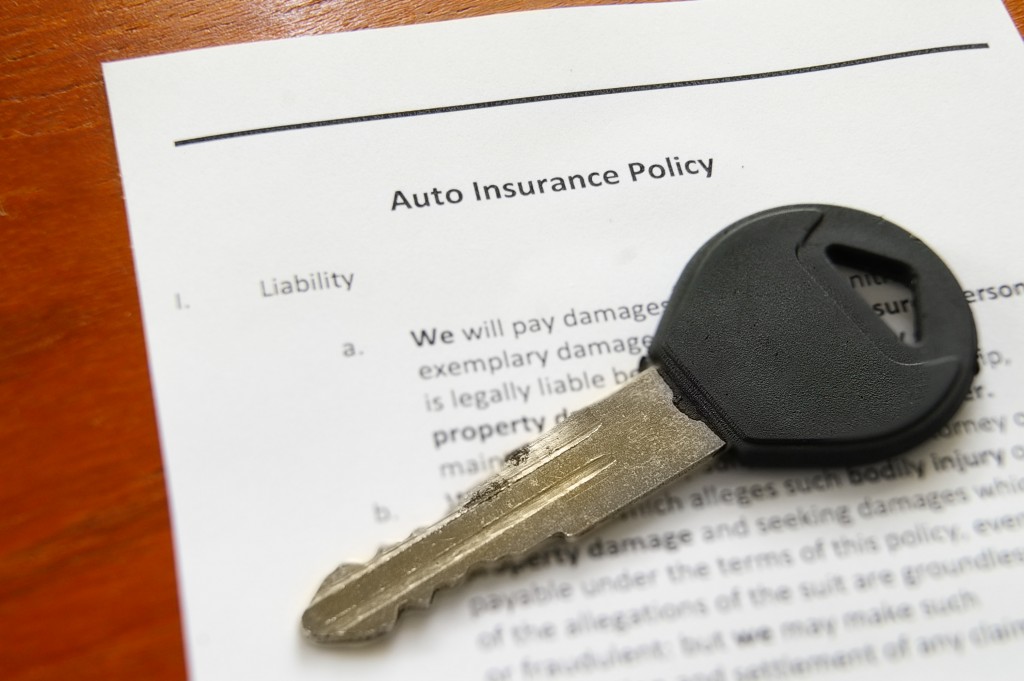For many people, buying their first car is one of life’s milestones. It could be the first major purchase you make before you buy a home; it signals greater financial independence, and affords you more control and flexibility in your lifestyle. You aren’t restricted to public transportation when going to and from work; you can take family and friends on a road trip, enjoy an out-of-town vacation with someone special, and so on.
However, the more you drive and rely on your car, the greater the chances that its working lifespan will be reduced through mishandling or accidental damage. And at the same time, cars are an asset which depreciates over the years. Even if you are able to sell your car on the secondhand market, its value could be a fraction of what you paid for originally, depending on the mileage.
If you’d like to get the most possible value out of your automobile purchase, then here are the essential tips to consider.
Safe driving and vehicle care
Extending your vehicle’s working lifespan is the best way to stretch out your investment over many more years, and preventing any form of damage, misuse, or abuse is the first place to start. Even if you bought a reliable and durable Subaru, if you don’t follow sound ownership practices such as sticking to a regular car maintenance schedule, it’s only a matter of time before you’ll need a costly repair.
Regular cleaning of your car – both inside and out – will prevent the buildup of dirt and grime, keeping your car hygienic for its occupants and reducing the stress on your paint coat. Renewed waxing will also protect the exterior from corrosion. Oil, tires, and brake pads all need to be checked and periodically replaced – the alternative is constantly risking a breakdown or mishap on the road. And of course, safe driving practices, such as accelerating and decelerating in a smooth, controlled manner, will minimize the wear and tear on your car, while lowering fuel consumption and your risk of getting into a vehicle accident.
Identify and fix issues
Besides having your car serviced regularly, it’s vital that you listen to your vehicle for any signs of trouble, and address them quickly. While immediately replacing a dim or busted headlight is a no-brainer, you should also pay attention to other indicators.
An unfamiliar sound coming from the engine; stuttering or shaking performance, or a tendency to consume more fuel than normal are often precursors to more serious failure. Sudden fuel inefficiency, for example, might come down to incorrect tire pressure or motor oil, but it could also be indicative of failing spark plugs. Know what might be causing the problem and have it fixed by your mechanic if necessary.
Pay loans early
Maximizing the value of your car isn’t all about the vehicle itself. If you took out a loan in order to finance your purchase, the interest paid on your loan can add up over the years. Go over the terms of the loan; if it’s a compound interest rate, you can save by settling early. Otherwise, you can look into refinancing arrangements to save money in the long term.
By taking proper care of your car and working out a favorable way to settle your debt, you’ll wind up paying less for more years, mileage, and overall great value out of your purchase.


